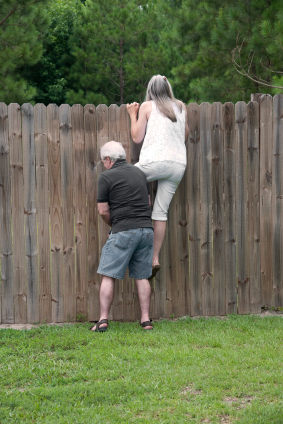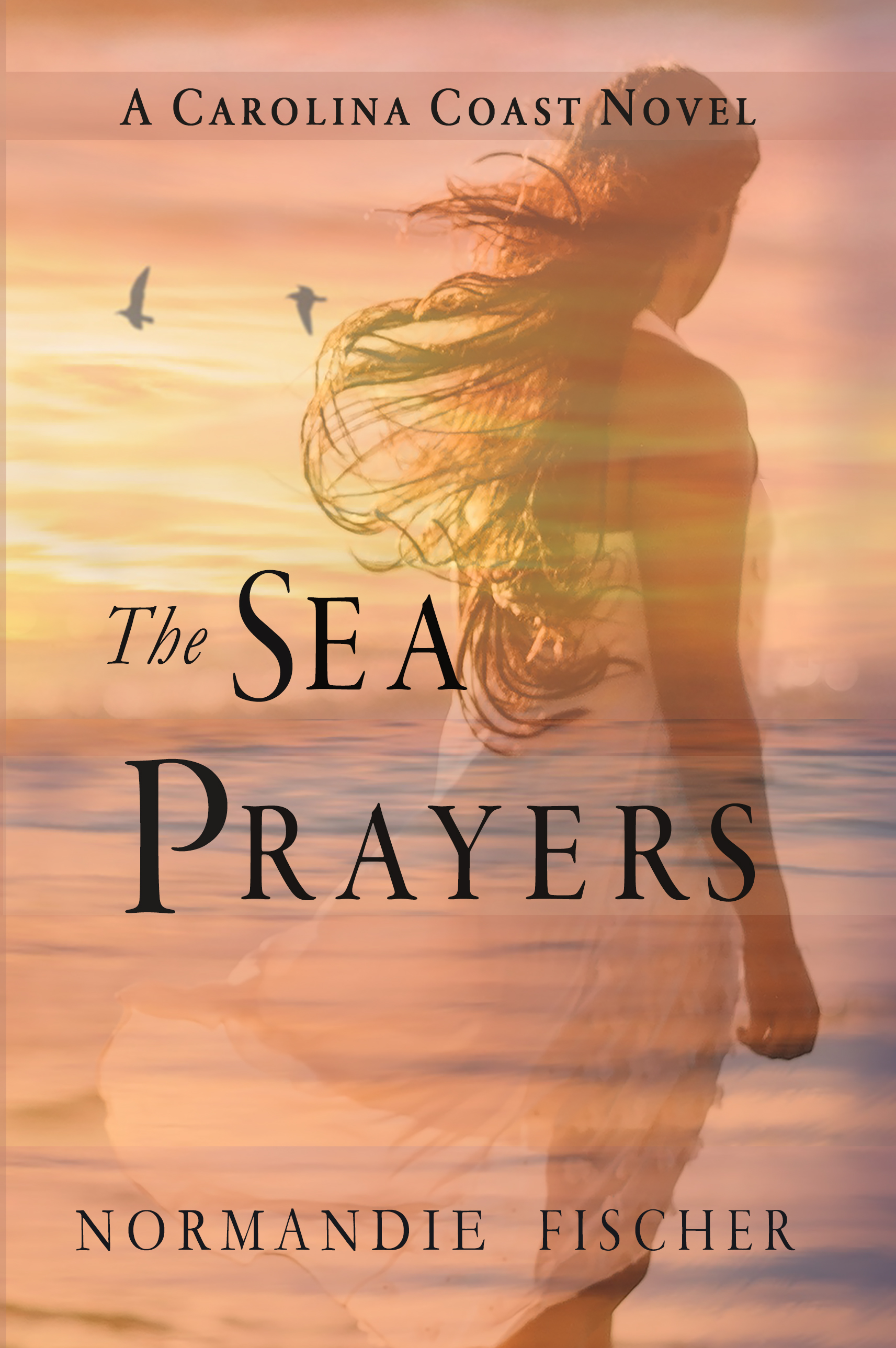Writers know all about waiting. ALL about it.
We write a story and submit it. We accumulate rejections. Finally, our agent sells a story and then another. We wait through the edits and the design and the production. A year.
We become marketers of that book (those books), but we’re supposed to work on the next…and then the next.

We query again and discover that this next doesn’t quite fit with the publisher’s plans. He wants a shorter book. Ah. Shorter. Right.
We smile. One must, of course. And we wonder what this means, this latest wall we’ve hit. So we hire an editor–you know, someone who doesn’t love us already. Someone other than our critique partners.
And while we wait to get the story back from Old Eagle Eyes, we ponder. And we read. (And, of course, we begin–or finish–another story. One does.)
But what exactly will we do when we get the manuscript back? We’ve been thinking. Watching other writers take the step from here to there, from traditional to (YIKES) self-published.
If we do find a home at a publishing house, we’ll have that year to wait. Oh, and wasn’t that the sweetest letter we received from a reader who wonders when she’ll have our next book? Oh, and there’s another one. Begging. Will they lose interest if they don’t see a new book from us for yet another year?
We cast about for the right answer. We look over our shoulder–and over the fence–and wonder what if?

Other writers do it. At a recent conference we heard from authors who first published traditionally and now…yikes, should we say it?…publish on their own. And. Make. Money. And. Find. Readers. And. Have. Fun.
Oh, my.
The riskiness of it. The courage it must take.
Publish on my own? Me? Moi-meme? Io? Yours truly?
Well, who knows? But I’m reading Catherine Ryan Howard’s hilarious Self-Printed, The Sane Person’s Guide to Self-Publishing. And I’m learning. I’ve been playing with a fantastic cover design program called KD Cover Kit, which uses PhotoShop Cloud. I’m relearning Scrivener.
What do you think? Would you read a self-published book? Would you read one of mine if I released it myself? Or would you shy away because there’s no publishing house with its name on the cover? Does self-publishing have the same stigma it used to?
Talk to me, please. I’d like to know.

I would read your self-published book. I can’t wait to read it, Normandie!
Yes, well, darlin’, you’re one of those who’s slightly prejudiced, think I. Just as you know I’d read yours!
I’m trusting that Mr. Eagle Eyes will turn over something that will shine.
I made the jump this year, and I’m loving it. Read up about it and pray about it, but I’d encourage you to really consider doing it.
Jane recently posted..Book Review: Seven Saints For Seven Virtues
Your books look good, Jane. You’re certainly an encouragement to me!
Would you read a self-published book? Yes
Would you read one of mine if I released it myself? Yes
Or would you shy away because there’s no publishing house with its name on the cover? I have bought and read many self-published books.
Does self-publishing have the same stigma it used to? The stigma is fading fast. I think readers are ready to take a chance with self-published authors, but the authors must work hard to give them a great, satisfying experience. Originality and quality are key. I don’t think you have anything to worry about there. You’re a real original with lots of great stories to tell.
Thank you so much, Rachel. I appreciate the encouragement more than you can know.
When the publisher released *Give the Lady a Ride,* I took the plunge into indy publishing. I’m what they call a hybrid now–both traditionally published and indy published, and I think it’s great. I don’t care to learn how to download and format the book, so I’m willing to pay someone to do it for me (Lynnette Bonner with http://indiecoverdesign.blogspot.com/ ). The income from self-published books is much better than having to split what you get with everyone else who wants a percentage.
But I haven’t given up my dreams of being published by one of the big boys. I keep plugging along.
Linda Yezak recently posted..Overstimulated
Plugging along, yes, ma’am! I’m familiar with that.
This seems to be a common theme in many of my blog posts. Patience is a virtue, but in an industry where success is more often determined by the whims of an agent’s intern, who you know, or how many twitter followers you have, rather than actual talent, it’s difficult to be patient, or to determine when patience is the right choice or folly.
Back in 2012, I blogged about why I won’t read self-pubbed novels.
http://lynnehinkey.blogspot.com/2012/06/bring-on-gatekeepers-or-why-i-wont-read.html
Now, I’m a reviewer for Underground Book Reviews, where we only review self-pubbed novels. Honestly, for the first year, the experience only served to reinforce my bias against self-pubbed. For every book I could get through and give a reasonable review, I read 5-10 that I couldn’t get past the first chapter or two. (We now have a vetting process to help us avoid that.) I get paid to read those.
Would I read self-pubbed books otherwise? Only if I know the author and the quality of his or her writing, so yes, I’d read yours. But in general, I am still biased. I know and appreciate the “value-added” by my publisher–the additional editing, the cover design and layout, the marketing materials. And, perhaps the most important reason I’ll stick with my publisher, I’m not charged for any of those services, I don’t have to buy a certain number of books (thus paying for the services), I don’t have to sell X number of books before I start to collect royalties (again, paying for their services). They believe in my work enough to take a financial risk on it. My delicate ego needs that support.
That’s exactly why I love my publishers, Lynne. I can’t imagine paying a “publisher” or having them withhold royalties. And your prejudice extends industry-wide in so many cases. Which is why I’ve hesitated. I too have read horrible self-pubbed books.
But when I was in Atlanta this month for the RWA conference, my book was a finalist for a rather prestigious award in the strong romantic elements category. It was also up against a NY Times bestselling author whose book I really liked. I was sure she’d win. Instead, the judges (booksellers/librarians) picked a self-published novel in that category. Talk about a stunning turn around!
So, what does that say? Well, it certainly says that those judges didn’t hold the same prejudice we seem to. Which, frankly, raised the sort of questions I’ve posed here. Validation is important to most of us with delicate writer egos.
You know, Normandie, I just realized something you said — of course you could have the name of a publisher and a logo on your book’s spine. Look at my books — what do you see? 🙂 It costs about $35 to register as a business and then suddenly, whammo, you’re a publisher. Just like that! Then make a logo and you’re good to go.
Jane recently posted..Book Review: Seven Saints For Seven Virtues
You’re cute, Jane. But if I’m only publishing my books, that’s not exactly the same, is it? Right. Didn’t think so.